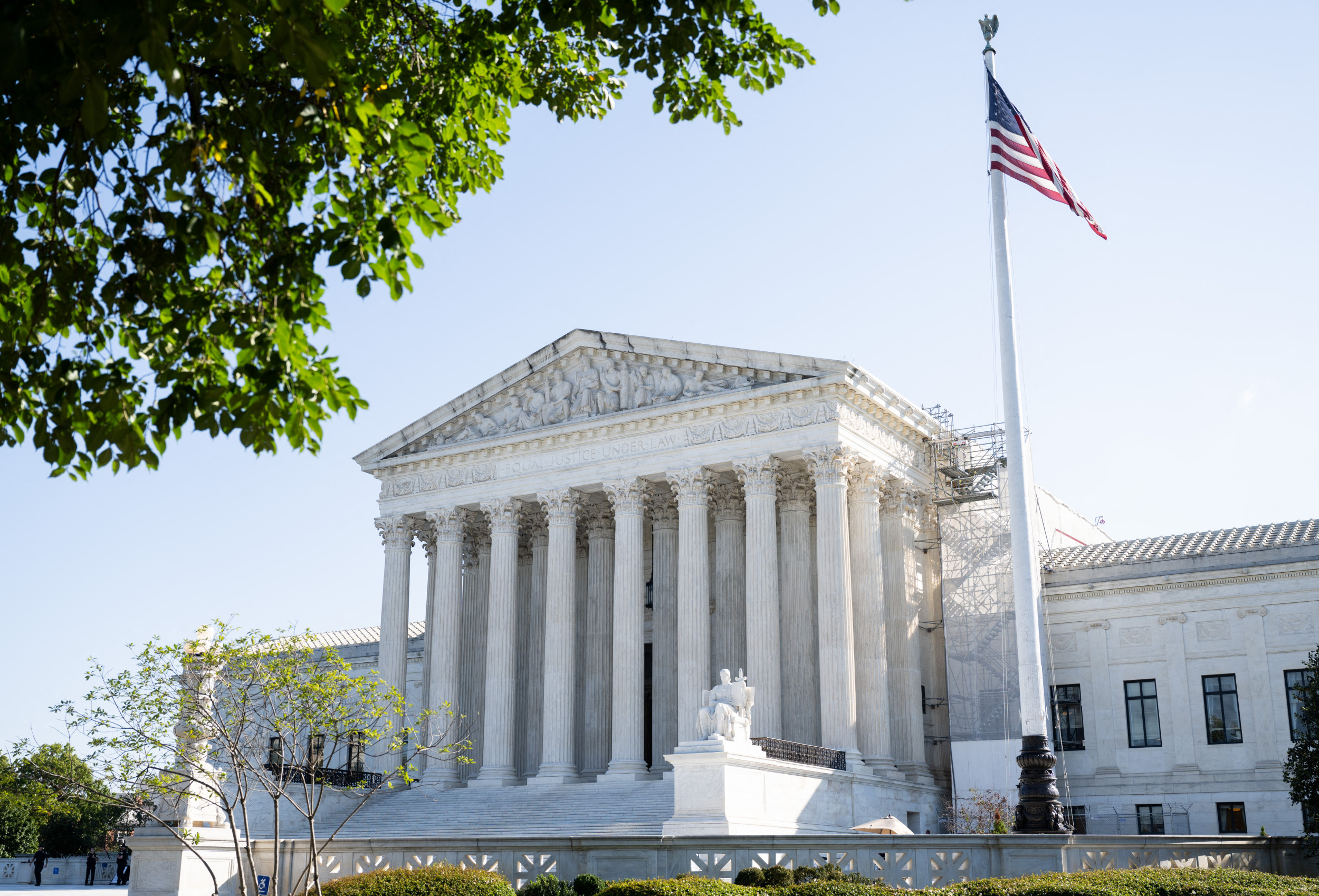On Monday, the Supreme Court declined to hear a case that sought to expand the president’s ability to fire commissioners of the U.S. Consumer Product Safety Commission (CPSC). This decision keeps intact the existing framework that maintains the agency’s independence, which was established by Congress.
In the case, critics argued that the CPSC’s structure limits accountability. Even after the court’s decision, the president remains restricted to removing commissioners only “for neglect of duty or malfeasance in office.” The CPSC is responsible for ensuring the safety of consumer products and issues recalls and warnings through a five-member team appointed by the president and confirmed by the Senate.
Hild from Consumers’ Research expressed disappointment over the Supreme Court’s refusal to hear the appeal. He emphasized the need for oversight in regulatory bodies that significantly affect consumers, stating, “No regulatory agency that directly impacts consumers and wields substantial executive power should be shielded from any executive oversight.”
Supporters of the challenge argued that the agency’s current structure makes it a “headless fourth branch” of government, lacking necessary accountability to the electorate. Under the CPSC’s existing rules, commissioners can serve for seven years and can only be removed under specific circumstances.
A lower federal court initially ruled in favor of the plaintiffs, deeming the removal restrictions unconstitutional. However, this decision was overturned by the U.S. Court of Appeals for the 5th Circuit. Judge Don Willett noted that the structure of the commission is consistent with existing Supreme Court precedent, which would also imply that many other federal agencies could be deemed unconstitutional if the plaintiffs were successful.
The case was elevated to the Supreme Court amidst concerns from the Biden administration. Officials warned that a ruling favoring the challengers could lead to increased presidential control over various federal agencies, including the Nuclear Regulatory Commission.
The Biden administration’s position relies on a 1935 Supreme Court ruling concerning the Federal Trade Commission, which addressed presidential authority over executive officials. In contrast, the plaintiffs cited a 2020 decision regarding the Consumer Financial Protection Bureau, where the Court struck down a similar leadership structure.
